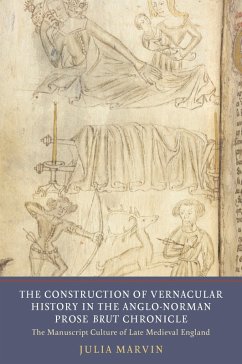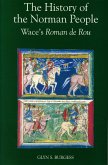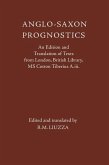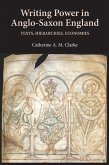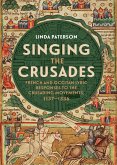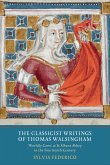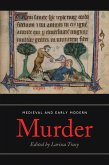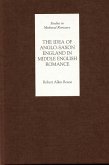First full-length interpretive study of the prose Brut tradition, setting its manuscript context alongside textual analysis.
The prose Brut chronicle was the most popular vernacular work of the late Middle Ages in England, setting a standard for vernacular historical writing well into the age of print, but until recently it has attracted little scholarly attention. This book combines a study of the chronicle's sources, content, and methods of composition, with its manuscript contexts. Using the Anglo-Norman Oldest Version as a touchstone, it investigates the chronicle's social ideals, its representation of women, and its distinctive versions of such elements of British history as the Trojan foundation myth, the ruin of the Britons, the Norman Conquest, and Arthur and Merlin, arguing that its humane, populist vision demands reassessment of medieval popular understandings of British history, and of the presumed dominance of imperialism, next-worldly piety, misogyny, and a taste for violence in late-medieval culture. The book also analyses evidence for the production of the Anglo-Norman Brut, and examines the ways in which its makers and users reconstructed British history through manuscript context, ordinatio and apparatus, annotationand illustration.
Julia Marvin is a Fellow of the Medieval Institute and Associate Professor in the Program of Liberal Studies at the University of Notre Dame.
The prose Brut chronicle was the most popular vernacular work of the late Middle Ages in England, setting a standard for vernacular historical writing well into the age of print, but until recently it has attracted little scholarly attention. This book combines a study of the chronicle's sources, content, and methods of composition, with its manuscript contexts. Using the Anglo-Norman Oldest Version as a touchstone, it investigates the chronicle's social ideals, its representation of women, and its distinctive versions of such elements of British history as the Trojan foundation myth, the ruin of the Britons, the Norman Conquest, and Arthur and Merlin, arguing that its humane, populist vision demands reassessment of medieval popular understandings of British history, and of the presumed dominance of imperialism, next-worldly piety, misogyny, and a taste for violence in late-medieval culture. The book also analyses evidence for the production of the Anglo-Norman Brut, and examines the ways in which its makers and users reconstructed British history through manuscript context, ordinatio and apparatus, annotationand illustration.
Julia Marvin is a Fellow of the Medieval Institute and Associate Professor in the Program of Liberal Studies at the University of Notre Dame.
Dieser Download kann aus rechtlichen Gründen nur mit Rechnungsadresse in A, D ausgeliefert werden.

